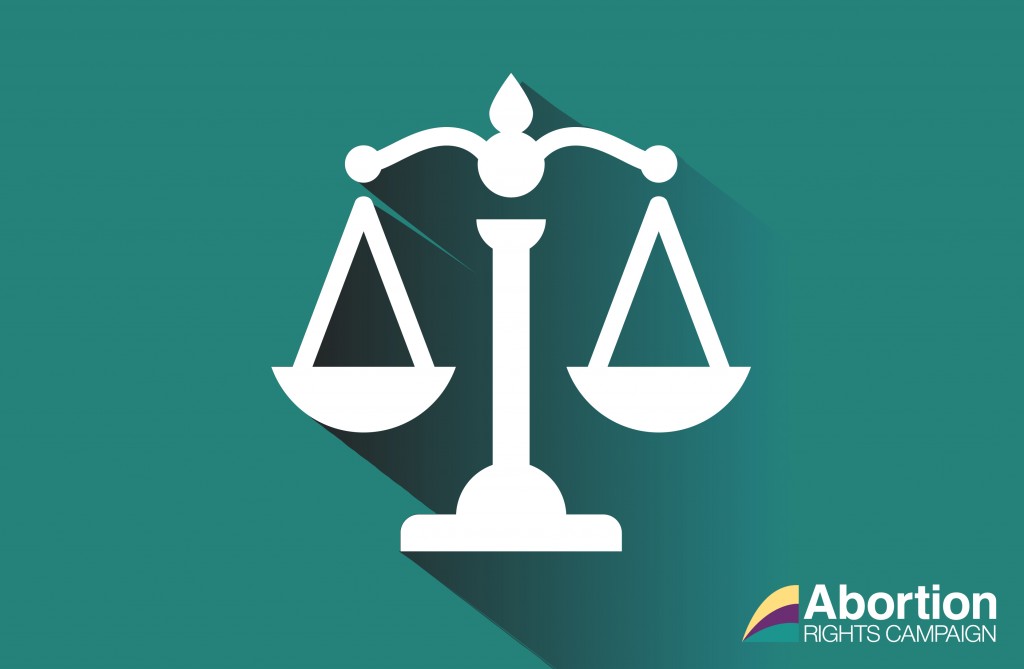A search of the Wiley Online Library (a database of academic resources available online) for the term “fatal foetal abnormality” produces 2649 results. Searching for the American spelling “fatal fetal abnormality” produces 9513 results: over a thousand books, over eight thousand articles and 45 different Cochrane reviews covering over 100 research articles involving over a million women use the term “fatal foetal abnormality”. It is a medical term.
There have been calls in the media to erase the term from the public conscience, to ban the phrase for being cold and callous. But to do so ignores the people affected by it. To do so would be to ignore the tragic reality. This term is a medical term. This term applies to a clinical reality, to a reality that is indeed cold and callous. Those who deem the term cruel call for the use of “life limiting illness” instead and for the provision of hospice care for families affected by it. However, hospice care for children with life limiting illnesses already exists in the form of the inestimably excellent Laura Lynn Children’s Hospice. What does not exist is perinatal hospice care for those with fatal foetal abnormalities, because there is a difference between fatal foetal abnormality and life limiting illness. That difference is terrible and it is important. Children with life limiting illnesses often enjoy very full lives; they speak and laugh and love and learn and play. They compete and interact with their typically developing peers. This is not the fate that awaits those diagnosed with fatal foetal abnormality. To offer this false hope through semantic inaccuracy in the name of manipulating a public debate is a cruelty far beyond that of which supporters of this bill have been accused.
During the Dáil debate this last week, I was struck by the government’s persistent reference to the Attorney General and the constitutionality of the Bill. The Health Minister felt it was essentially a waste of time to support the Bill and then possibly (possibly) face a challenge in the courts. In the thirty-three years since the 8th Amendment was voted on, the courts system has been the single, sole body in the Oireachtas that has made any substantive change to the provision of abortion in Ireland. Simon Harris will not go to court over this because he feels it is a waste of time. Simon Harris, whose job it is to defend government decisions, will not follow in the footsteps of the people who have fought in courts throughout Ireland and Europe for over thirty years to improve abortion access in Ireland.
In 1991, three student unions went to court to establish the right to provide information.
In 1992 a teenage rape survivor faced down the Attorney General and established the right to travel, which the people then voted to support. Her case also established the right to terminate where the life of the mother was in danger, including by suicide, which the people then twice voted to support.
In 2007, Miss D, another teenager, went to court to secure her right to travel.
Ms A, Ms B and Ms C all went to Strasbourg to seek retrospective justice for being denied a right established quite clearly in the constitution. In doing so, Ms. C forced the government to act to enact legislation for Ms. X’s case.
Ms. Y is now going through the court system to seek justice for her treatment under the PLDP Act which resulted in a second teenage rape survivor being coerced into a c-section.
So Minister, allow me to recap.
- SPUC v Grogan happens in 1991.
- The X case happens in 1992.
- The referendum happens in 1992
- A second referendum happens in 2002.
- A second court case happens in 2007.
- A third court case happens in 2010.
- Legislation comes in 2013.
The Minister said he did not want to waste time and wanted to provide substantive support to those who are pregnant and don’t want to be. To support this Bill on Thursday would be the most substantive and meaningful support we have ever gotten from any government on this issue. It would be a seachange in the abortion debate if the government were to actually listen to what the people affected are telling them. If the government listens to TFMR, to the Abortion Rights Campaign, to Amanda Mellett and Arlette Lyons, to Miss D, to Ms. Y and all the other anonymous alphabet women who have gone to court as Harris refuses to, would be a substantive and meaningful step indeed.


